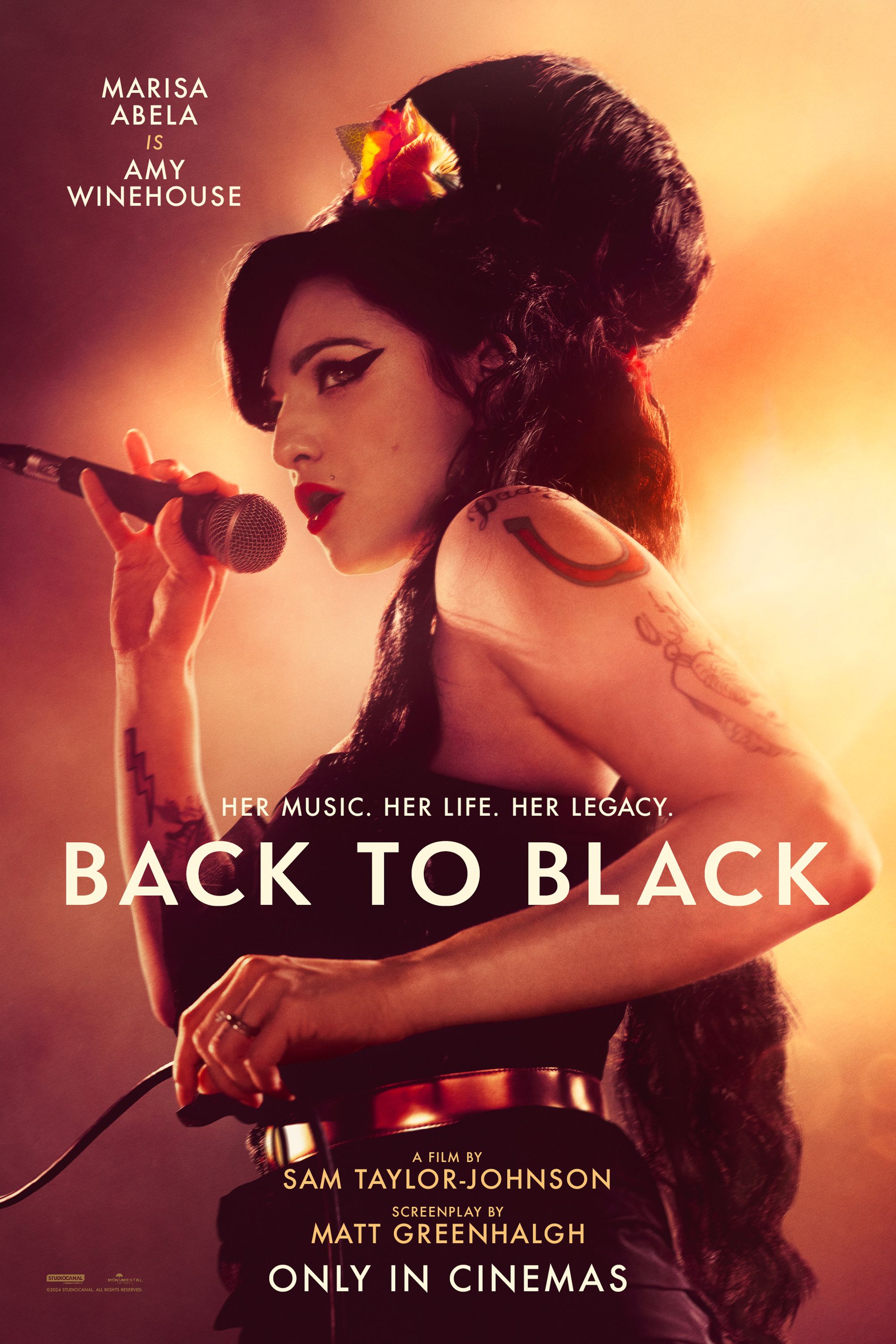Summary
- Back to Black lacks depth in portraying Amy Winehouse’s life and struggles.
- Marisa Abela delivers a decent performance but the film’s story disappoints.
- Film neglects Winehouse’s full complexity, inner struggles, and musical influences.
Amy Winehouse’s tragic life was well-documented, but there’s no denying her influence and the power behind her voice and songs. She was a woman who contained multitudes, but you’d never really know that by watching Back to Black, a flimsy, one-dimensional biopic that reduces Winehouse (Marisa Abela) to tabloid headlines about her life and relationship with ex-husband Blake Fielder-Civil (Lady Chatterly’s Lover’s Jack O’Connell). Back to Black is the worst type of biopic, one that made me feel little and offers next to nothing truly personal about the iconic singer or her inner life.
Back to Black is a biographical drama centering on the life of Amy Winehouse. The movie shows her rise to fame from a young age to adulthood and also covers her struggles with addiction. Marisa Abela stars as Amy Winehouse, with Sam Taylor-Johnson directing the biopic.
- Marisa Abela gives a solid performance and Jack O’Connell is great in a difficult role
- Supporting characters are sanitized
- The film’s story is a struggle to get through and doesn’t do Winehouse justice
- There’s nothing new that’s explored or discovered about the singer
Directed by Sam Taylor-Johnson from a screenplay by Matt Greenhalgh, Back to Black is deeply underwhelming and disappointing. It paints with broad brushstrokes while severely lacking detail, offering a blurry portrait of a woman who was more than her addictions. The biopic neglects the aspects of Winehouse that didn’t necessarily make it into the tabloids, including her relationship with her band. The film also sanitizes Mitch Winehouse (Eddie Marsan), portraying him as a generally wholesome man with little to no criticism of his behavior towards his daughter. Combined with unremarkable filmmaking, the film comes off as a shoddy made-for-TV movie.
Back To Black Doesn’t Embrace Amy Winehouse As A Person
There is always something more to a person beyond their profession. I’m not sure Back to Black genuinely understands that, though. Those who are familiar with Winehouse will understand there’s more beneath the surface, but those who may not be as familiar with her beyond her name and a few of her songs might come away from this movie having learned nothing about her beyond her discography. Winehouse’s relationship with her grandmother, Cynthia (Lesley Manville) is highlighted, but Back to Black avoids giving her much in the way of relationships outside of Blake.
With the documentary Amy painting a more detailed and intimate portrait of the singer’s life, it’s hard to recommend such a stilted, unimaginative biopic that doesn’t do Winehouse any justice.
Even the singer’s music isn’t fully explored. Yes, we learn why she wrote certain songs, “Back to Black” included, but the influence of jazz and soul, among others, are barely touched upon. Winehouse’s interiority is barely even explored. Her friends, what drove her to music, and her inner struggles are all a footnote here — that is, if they exist at all. Taylor-Johnson and Greenhalgh do a disservice to Winehouse by not trying to understand her in the slightest. She isn’t treated as a full-fledged human being, and it often feels like she’s made to be a punching bag.
Back To Black Features A Decent Performance By Marisa Abela
But it isn’t good enough to overlook the film’s issues
Marisa Abela, with a limited script to work with, gives a memorable performance, one that isn’t solely an exact imitation of the real singer. It’s when she’s singing, however, that it feels like she’s trying really hard to bring Winehouse’s exquisite voice to life and having a hard time. This is only one of the reasons the cracks begin to show in Back to Black. I didn’t expect Abela’s voice to sound exactly like Winehouse’s, but the way in which her voice is implemented is a reminder of what the film is lacking — Winehouse’s heart and soul.
Back to Black could have been a more engaging film… but it doesn’t live up to the life it purports to be invested in.
Jack O’Connell is magnetic as Blake, perhaps more so than his real-life counterpart. The actor really sells the role, making us believe Winehouse would keep returning to him despite his toxicity and introducing her to heroin. But it’s the film’s overreliance on O’Connell’s Blake that makes the biopic so underwhelming, dragging on longer than it should, with pacing that makes Back to Black feel twice as long as it actually is. Mitch Winehouse goes uncriticized, though the film starts off on a more interesting note with him before practically wiping his slate clean.
Back to Black could have been a more engaging film, one that properly explored a stellar talent who was gone too soon, but it doesn’t live up to the life it purports to be invested in. The inclusion of Winehouse’s music made me want to go listen to her albums immediately, but that’s the only positive feeling I had after watching the film. Most of it was superficial and ineffective. With the documentary Amy painting a more detailed and intimate portrait of the singer’s life, it’s hard to recommend such a stilted, unimaginative biopic that doesn’t do Winehouse any justice.
Back to Black is in theaters nationwide on May 17.


